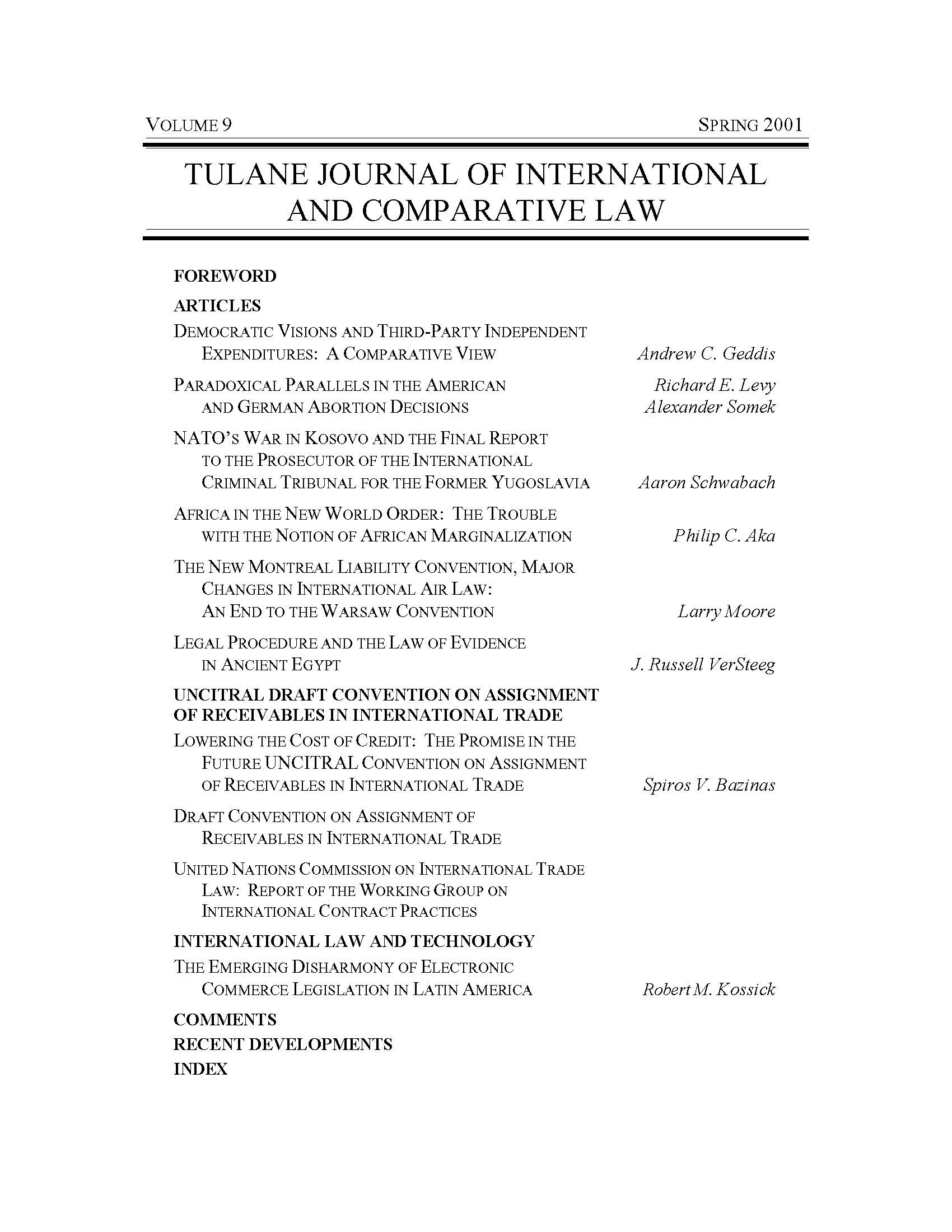Disputing Frozen Embryos: Using International Perspectives to Formulate Uniform U.S. Policy
Abstract
The fertility industry in the United States is, for the most part, unregulated. The growing demand of infertile couples has quickly accelerated the status of assisted reproductive technology procedures such as in vitro fertilization from experimental to everyday clinical use. Although minimum standards and guidelines for fertility clinics have been produced by professional societies, clinics are not obligated to follow them, and there are no standard substantive guidelines available for them to follow. As legislatures have been slow to respond to the dilemmas created by reproductive technology, the response to these dilemmas has come from the courts that are compelled to react on a case-by-case basis. Courts in all fifty states are able to decide these issues on a case-by-case basis because national uniform policy does not exist. In contrast, comprehensive national legislation in England and Australia has effectively curtailed courtroom battles over frozen embryos.
This Comment focuses on the recent increase in litigation between divorcing couples in the United States over the disposition of frozen embryos and suggests that there is a need for uniform state regulation of the growing assisted reproduction technology market. A well-regulated regime would promote uniform contracts signed between IVF clinics and their clinics as per the disposition of any frozen embryos in the case of change of circumstance such as divorce or death. This Comment suggests that the U.S. would do well to follow the example set by countries such as England and Australia, and establish an independent commission to undertake a comprehensive review of the various issues raised by in vitro fertilization, and to draft legislation to be implemented by the states.
